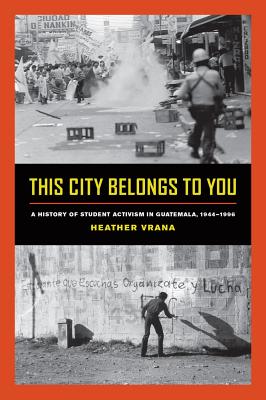Expedite your nonfiction book discovery process with Readara interviews, summaries and recommendations, Broaden your knowledge and gain insights from leading experts and scholars
In-depth, hour-long interviews with notable nonfiction authors, Gain new perspectives and ideas from the writer’s expertise and research, Valuable resource for readers and researchers
Optimize your book discovery process, Four-to eight-page summaries prepared by subject matter experts, Quickly review the book’s central messages and range of content
Books are handpicked covering a wide range of important categories and topics, Selected authors are subject experts, field professionals, or distinguished academics
Our editorial team includes books offering insights, unique views and researched-narratives in categories, Trade shows and book fairs, Book signings and in person author talks,Webinars and online events
Connect with editors and designers,Discover PR & marketing services providers, Source printers and related service providers

This City Belongs to You: A History of Student Activism in Guatemala, 1944-1996
Education > Higher
- University of California Press
- Paperback
- 9780520292222
- 8.9 X 5.9 X 0.9 inches
- 1.05 pounds
- Education > Higher
- (Single Author) Asian American
- English
Readara.com
Book Description
Author Bio
Professor Heather Vrana (Ph.D. Indiana University, 2013) is a historian of modern Latin America with an emphasis on Central America, and joined the University of Florida in August 2017 after teaching at Southern Connecticut State University. Vrana is author of This City Belongs to You: A History of Student Activism in Guatemala (University of California Press, 2017) and Anti-colonial Texts from Central American Student Movements 1929-1983 (Edinburgh University Press, 2017), and co-editor with Julie Gibbings of Out of the Shadow: Revisiting the Revolution from Post-Peace Guatemala (University of Texas Press, 2020).
Vrana’s current research project, Disability and the Making of Modern Central America, follows disability, as a concept and in reference to groups of people and bodies, across twentieth-century-Guatemala, El Salvador, and Nicaragua to reveal contradictions in projects of democratic restoration, revolutionary uplift, and technocratic modernism.
This book project emphasizes four themes: interrelated professionalization of medicine and elaboration of disability terminologies; competition over responsibility for care among religious charities, government, and family; development paradigms in public health and social security institutes; and human rights as a framework for addressing harm after the civil wars. Ultimately, this analysis suggests a comprehensive reexamination of Central American state formation.
Source: University of Florida
Videos
No Videos
Community reviews
No Community reviews

